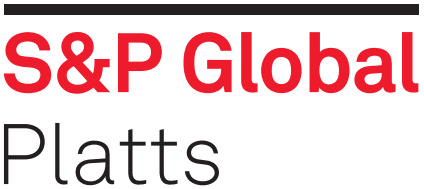
Assofermet, the Italian Association of Steel Traders and Distributors, one of Europe’s leading industry associations, sees a “large risk” of surging steel prices harmful to European consumers and Europe’s supply chain competitiveness, if the EU proceeds with its proposed steel import safeguards.
“As we saw also in the US, prices are likely to go up as a consequence of trade barriers, making it more expensive to produce steel locally, and consequently final products such as white goods and cars, as well as steel products for the construction sector,” Riccardo Benso, Assofermet chairman and the CEO of Albasider, said Tuesday. “We do think that the duties that are already in place are enough.

“The provision of more and more protectionist measures can only aggravate the competitiveness problems that already partly afflict our businesses,” Benso said in a telephone interview. “In the long term it can also accelerate the process of delocalization and further loss of competitiveness of some parts of our European industrial system. Much of the added value that characterizes the European industrial system lies precisely in the manufacturing industry chain in its entirety.”
Assofermet has sent a letter to the European Commission explaining the association’s view that a country-quota system is not the right way to proceed, Benso said. According to the association, the use of “averages per country” corresponds in fact to a reduction of the available quotas, since in the first two years of the three years (2015-2017) taken into account, Russia and China still exported large volumes to Europe.
The EC notified the World Trade Organization on December 19 of its proposal to impose country-specific quotas for the biggest sources of imports, along with quarterly global quotas for each product for all other countries. The exception is for hot-rolled coil, which received a quarterly global quota. EC member states are expected to decide in coming days whether to keep the proposal as it is or make changes.
The EC’s proposal for the tariffs on steel imports was also criticized by the European Automobile Manufacturers’ Association (ACEA), which said the proposal would not take into consideration the needs of the automotive sector, which has complained that access to EU steel production is already extremely tight.
According to Assoferment, the split of the HDG quota into two specific groups (4.A and 4.B) will create an additional restriction to import flows. The group with the products not charged with duties (4.B) is mainly targeting the automotive industry and the quotas of the countries within the group are totally insufficient to fulfill the demand. For example, the yearly Chinese quota is 500,000 mt, while in the first 11 months of 2018 imports from China were close to 1.3 million mt. This will lead to a dramatic shortage in the automotive sector, Benso said.
A procurement source at German industrials giant Siemens described the quotas as “in the end so complicated that they have made them incalculable. The quarterly quota distribution makes it incalculable how and when to order or when it is going to be delivered,” he said.
Nevertheless, he does not expect large price increases for end-customers, as prices would be protected by European producers with risk premiums. But country-specific quotas and global quotas limit flexibility in the supply chain, he added.
Also some European mills have criticized the safeguards. For hot-rolled flat steel, Turkey has not received a country-specific quota and will be covered by the quarterly global quotas. Many producers believe that Turkish offers contributed to the Q4 downturn in prices.
— Annalisa Villa and Laura Varriale





